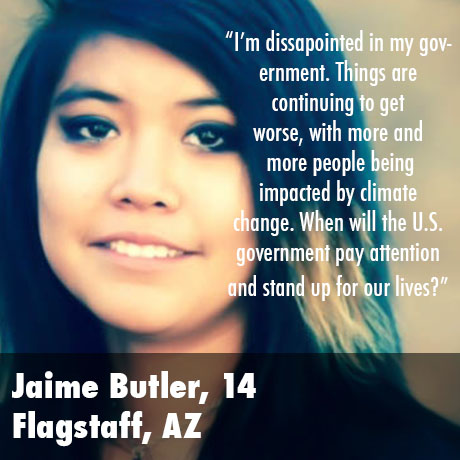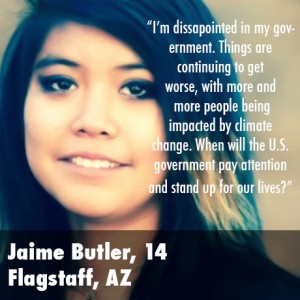Invenergy’s Clear River Energy Center (CREC), the new fossil fuel power plant proposed in Burrillville, is likely to cause future water shortages, according to state documents obtained by Fossil Free Rhode Island. The power plant may cause such shortages unless the communities relying for their water supply on the Clear River basin forfeit future growth. If not, they risk running out of water during future hot and humid summer days when the demand for electricity is high and rivers run low.
According to a presentation at a meeting about CREC attended by several state agencies, 0.18 MGD (million of gallons of water per day) will be left for growth if the power plant is built. June Swallow of the Center for Drinking Water Quality at the Rhode Island Department of Health attended the meeting. Her longhand notes show that Harrisville and Pascoag each are expected to need 0.12 MGD for growth. This suggests a deficit of 0.24 MGD – 0.18 MGD = 0.06 MGD.
Invenergy is one of the largest corporations in the growing “clean energy” business. Of course, the Clean Power Plan, the US implementation of the Paris Agreement, not only fails to reduce greenhouse gas emissions. It also does irreparable harm to fracked communities and the environment by polluting air and groundwater.
 These may not be issues the people of Burrillville have direct control, but they should be aware of the water supply problems that may come with the megawatt power plant proposed by Invenergy.
These may not be issues the people of Burrillville have direct control, but they should be aware of the water supply problems that may come with the megawatt power plant proposed by Invenergy.
Water usage has received some attention, but the question has not been addressed transparently, while public disclosure and discussion have been in short supply.
As Invenergy’s proposal states:
Water supplied to the Facility will be provided from the Pascoag Utility District (PUD) by re-activation and treatment of a currently inactive PUD groundwater well that became contaminated in 2001 by an off-site contamination source. As a result of this well-documented groundwater contamination event, PUD was forced to terminate is use of its primary well water supply and interconnect its water supply system with the Harrisville Fire District (HFD) to meet the requirements of its customers for potable water.
To find out what the Raimondo administration is planning, Fossil Free Rhode Island filed requests for documents under Rhode Island’s Access to Public Records Act. Such requests for information went to the Departments of Environmental Management (RIDEM) and Health, to the Water Resources Board (WRB), and to the Offices of the Governor and of Energy Resources.
As many have noticed, the Raimondo administration, following the lead of its federal Big Brother, is rather secretive. Indeed, the administration responded for the most part by withholding documents based on an overly broad interpretation of what information is exempt from disclosure.
Although, Fossil Free RI made some progress lifting the veil of secrecy, RIDEM and the WRB must have better and more detailed data than present in the documents obtained so far. Such information is available from their Streamflow Depletion Methodology.
Water resource management is complex and there is ample opportunity for debate. There is, for instance, the problem that water resource projections require somewhat arbitrary choices as to what is the relevant watershed. Rivers have tributaries, which in turn have tributaries, and so on, just as in this nursery rhyme:
Big fleas have little fleas,
Upon their backs to bite ’em,
And little fleas have lesser fleas,
and so, ad infinitum.
As one increases the size of the watershed, one decrease the shortage problem, but the number of impacted communities increases.
However this may be, and even without considering the lingering issue of the MTBE contamination of the Pascoag wells, the water supply raises important questions:
- Are the Burrillville Town Council and its planner aware of the implications of the power plant for their future? How about the townspeople and nearby communities?
- How does a potential water shortage feature in the tax negotiations of the Burrillville town council with Invenergy?
- Can the Burrillville Town Council refuse permission to Invenergy to construct the required water supply pipeline?
- Why is this issue not addressed in this letter from the Burrilville’s town solicitor to the town manager.
- Does the Pascoag Utility District need approval of an amended and extended water management plan in accordance with the Water Resources Board’s Rules and Procedures for Water Supply System Management Planning?
- If so, will there be an opportunity for public comment and if so when?
There is another serious concern about good government. Rhode Island state law provides the WRB with the authority to allocate water among all users, one of which is the environment. Fossil Free RI’s request for public documents has made it painfully clear that this pivotal agency has been reduced to a shadow of its former self. It is no secret that this is due to underfunding.

Indeed, an email with a request for documents to the WRB’s chief of staff, Ken Burke, resulted in an automatic reply with the message that he no longer works for the agency. Also the position of the supervising engineer seems to be vacant. Obviously, the funding situation is so bad that the WRB even lacks staff to update its web page.
The people of northwest Rhode Island are entitled to a public process with full disclosure. They have to the right to be informed on how much water is available to their community and how developments such as CREC will impact their future. The WRB is a vital, yet clearly dysfunctional element of this process.

In response to Fossil Free RI’s request for infomation, the Division of Legal Services of the Department of Administration, which now seems to represent the WRB, sent a handful of irrelevant documents. In contrast, RIDEM responded with a past-deadline request for a twenty-days extension because of the “voluminous nature” of the material requested.
The inconsistency of these responses all by itself speaks volumes, but the most “entertaining” response came from the Office of the Governor:
Thank you for emailing Governor Raimondo!
Governor Raimondo is committed to open, accessible and accountable government.
The Governor’s Office made good on this commitment by sending Fossil Free RI a mountain of documents completely unrelated to the request.





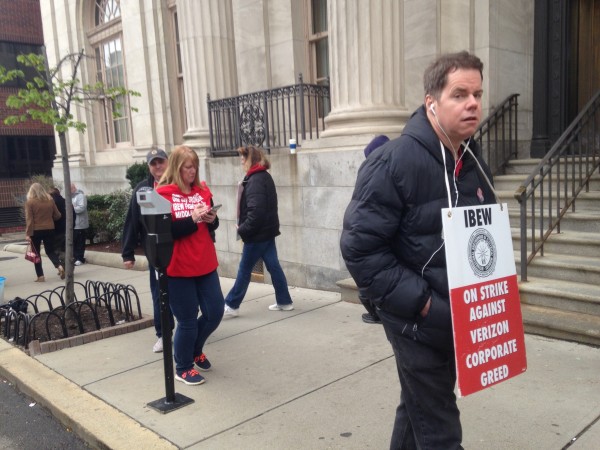
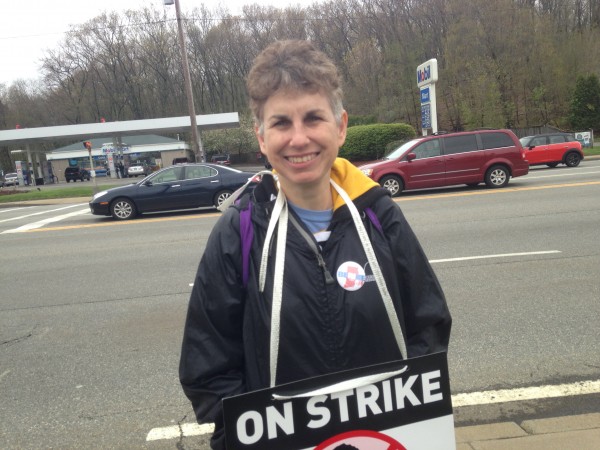
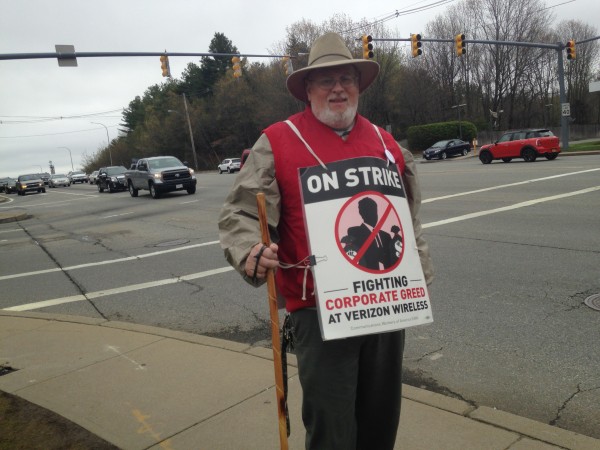
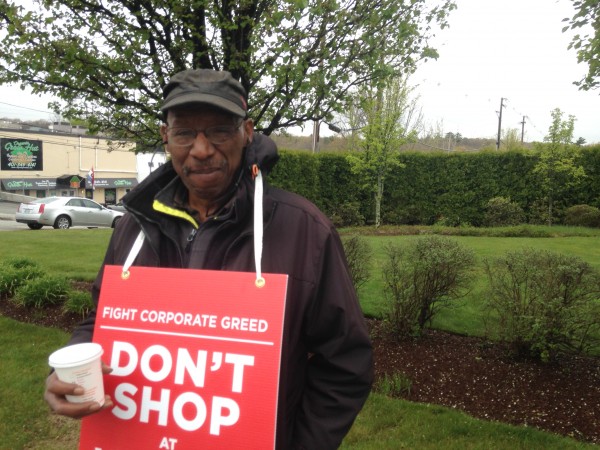

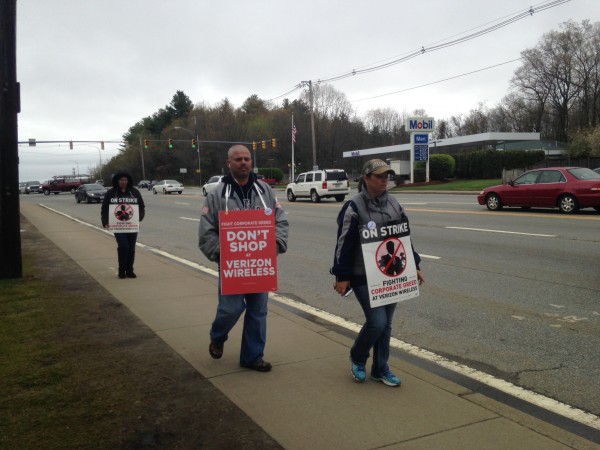
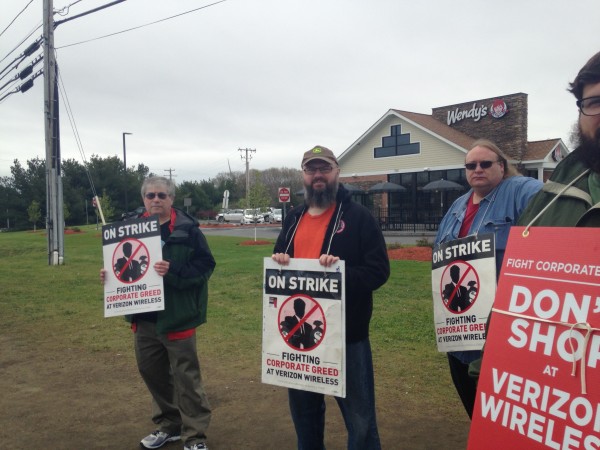







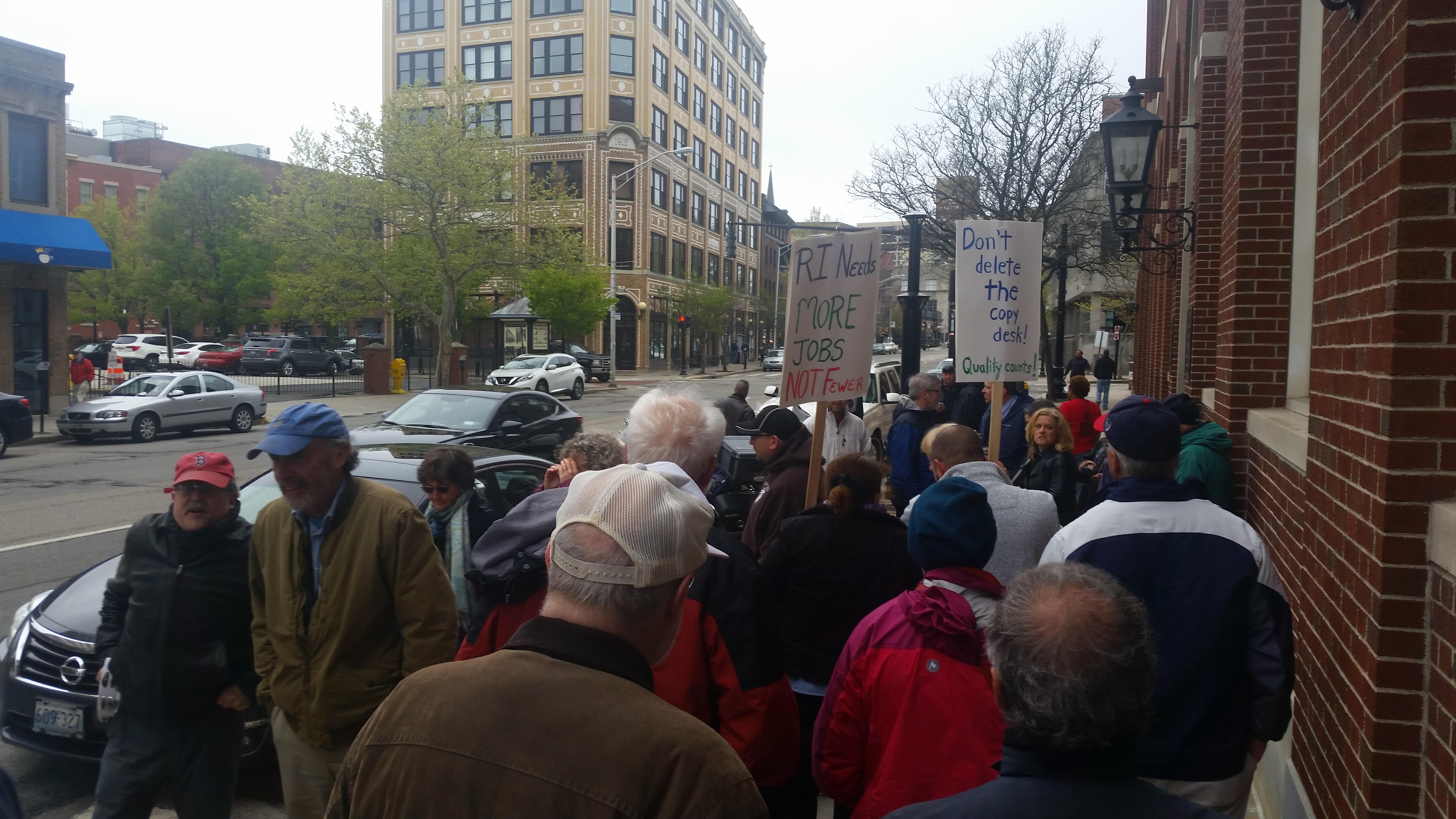
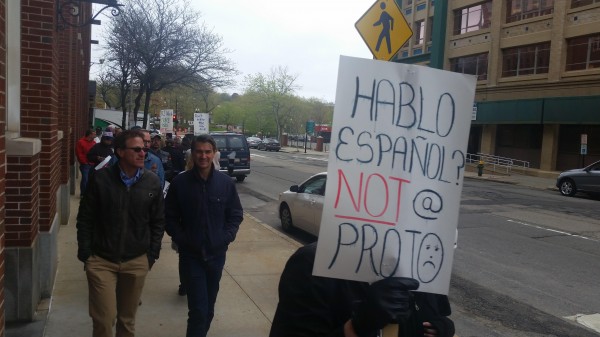
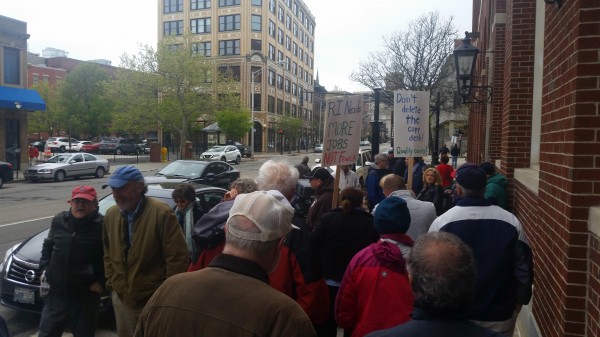
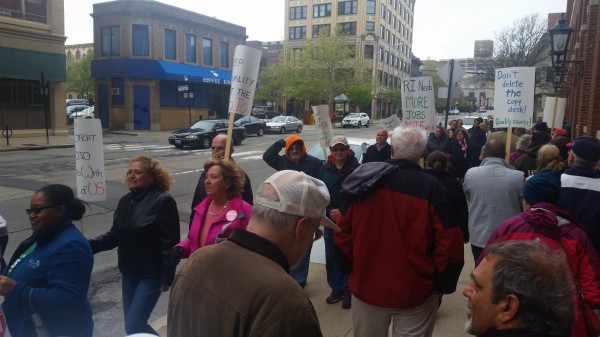
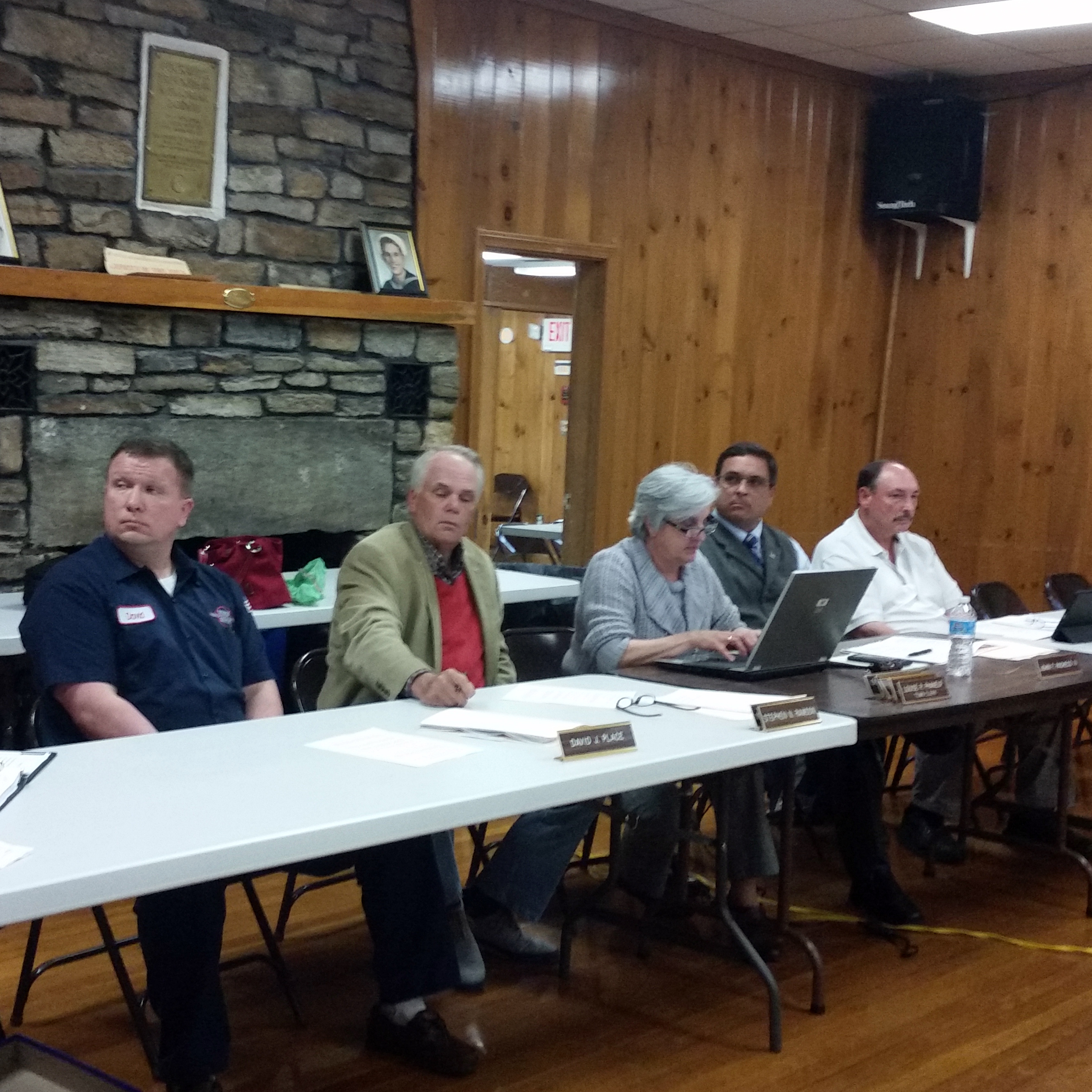
 “I don’t [want to] throw cold water on your parade here,” said Burrillville Town Manager Michael Wood, “but you can’t simply just determine a tax at will and tax somebody… It’s not fair to leave you with the impression that this can be done when it can’t be done.”
“I don’t [want to] throw cold water on your parade here,” said Burrillville Town Manager Michael Wood, “but you can’t simply just determine a tax at will and tax somebody… It’s not fair to leave you with the impression that this can be done when it can’t be done.”

 On Friday
On Friday The state increased the estate tax threshold in 2014 effective January 2015, essentially increasing estates exempt from paying the tax from $1 million to $1.5 million and reducing the tax on higher income estates. The estimated revenue from the estate tax in 2014 was $43.6 million, dropping to $34.2 million in 2015, a 20% loss of revenue after the change.
The state increased the estate tax threshold in 2014 effective January 2015, essentially increasing estates exempt from paying the tax from $1 million to $1.5 million and reducing the tax on higher income estates. The estimated revenue from the estate tax in 2014 was $43.6 million, dropping to $34.2 million in 2015, a 20% loss of revenue after the change.
 According to the
According to the 




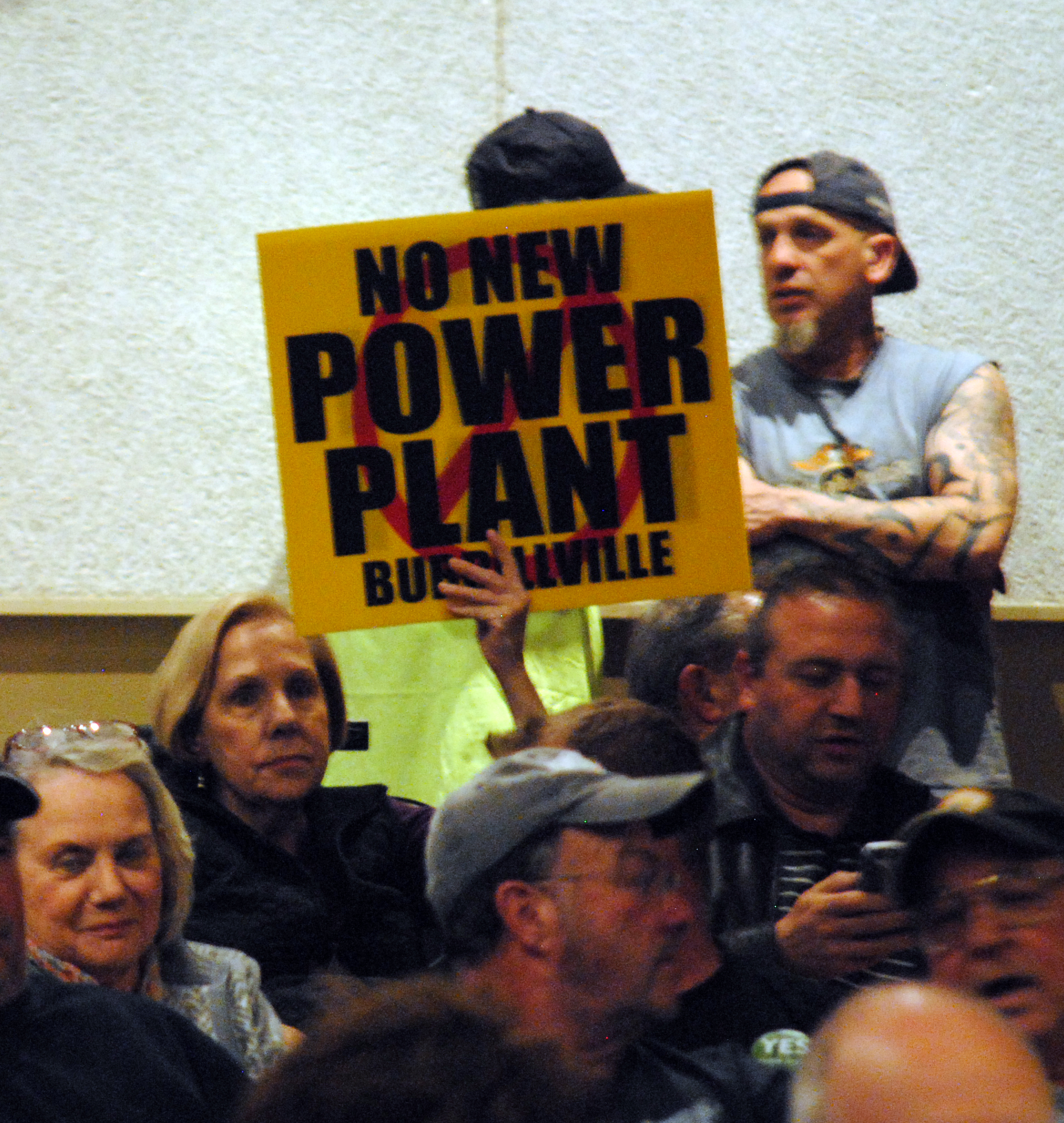
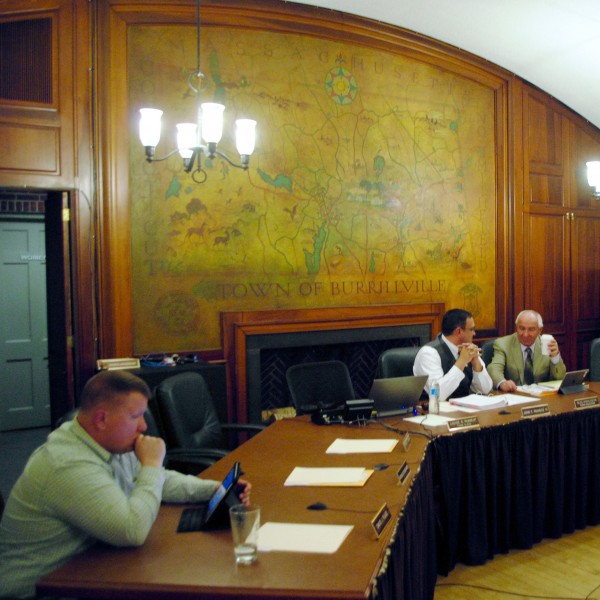 On January 14, 2016, the Rhode Island Supreme Court ruled that wind turbines are manufacturing equipment and therefore exempt from local property taxes under state statute. The decision in
On January 14, 2016, the Rhode Island Supreme Court ruled that wind turbines are manufacturing equipment and therefore exempt from local property taxes under state statute. The decision in 
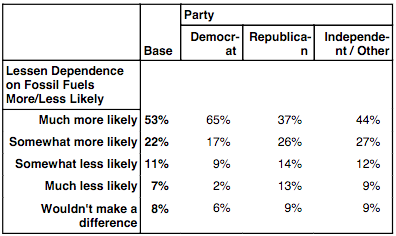

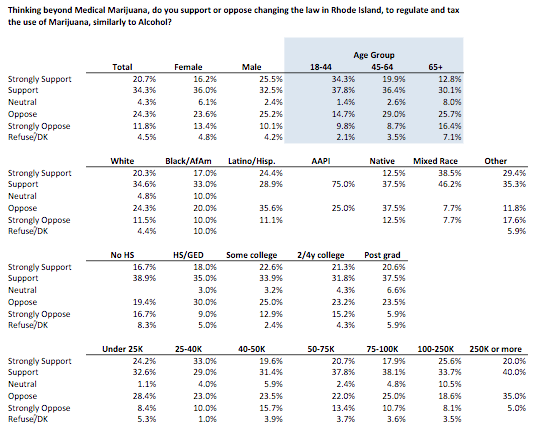

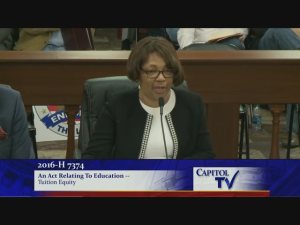
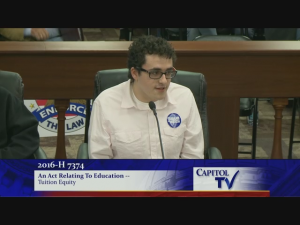
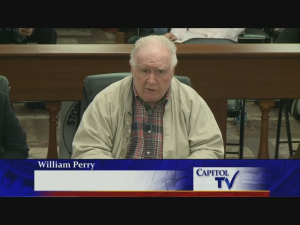
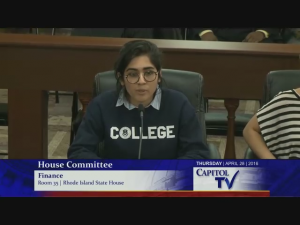




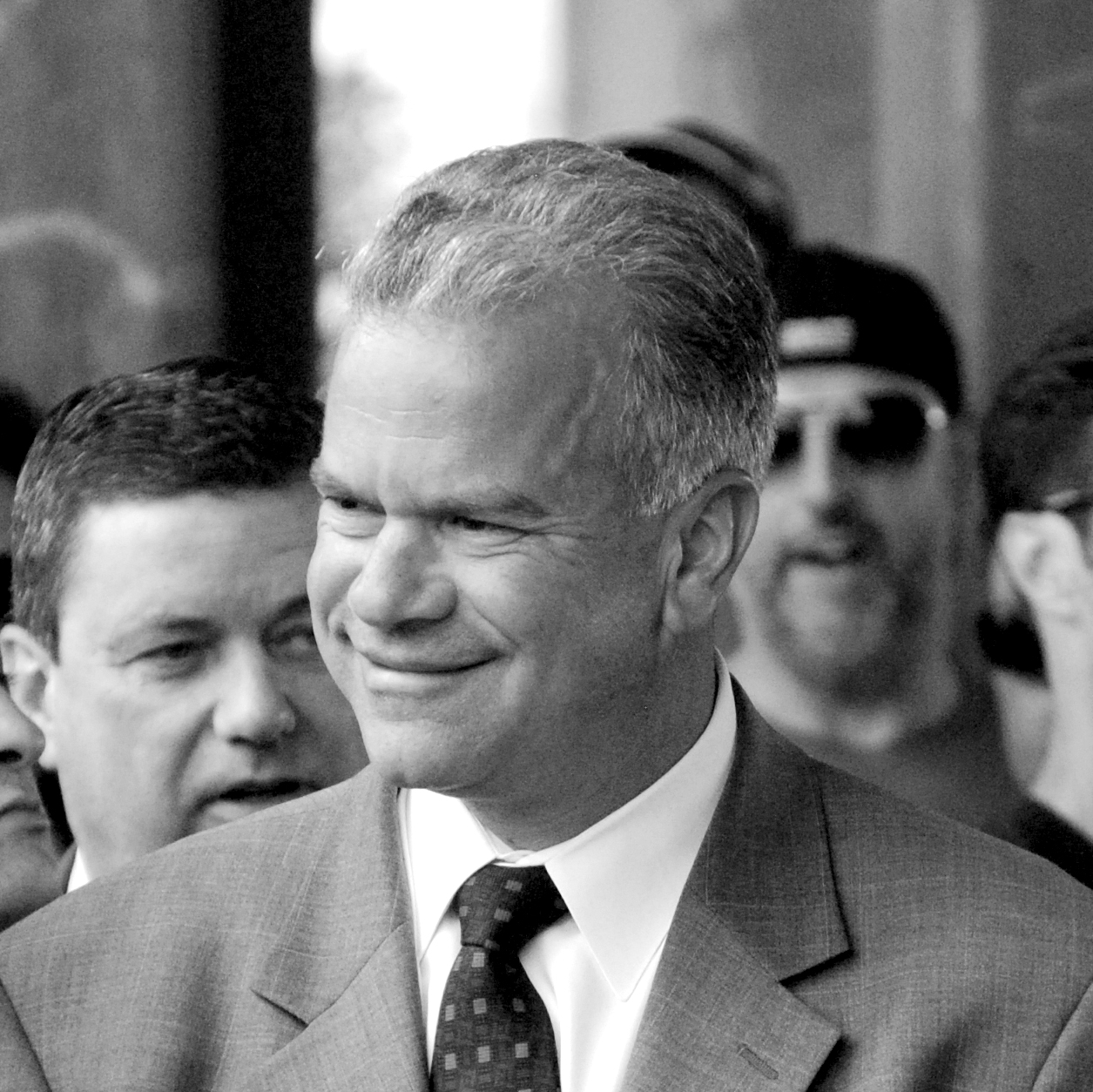
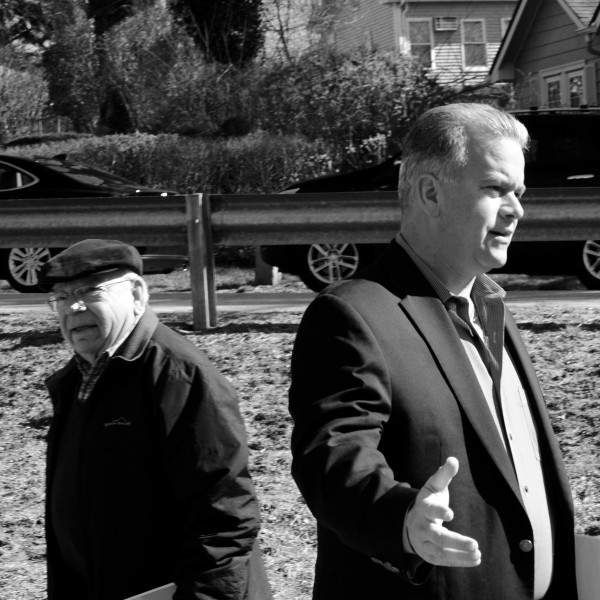 As the
As the 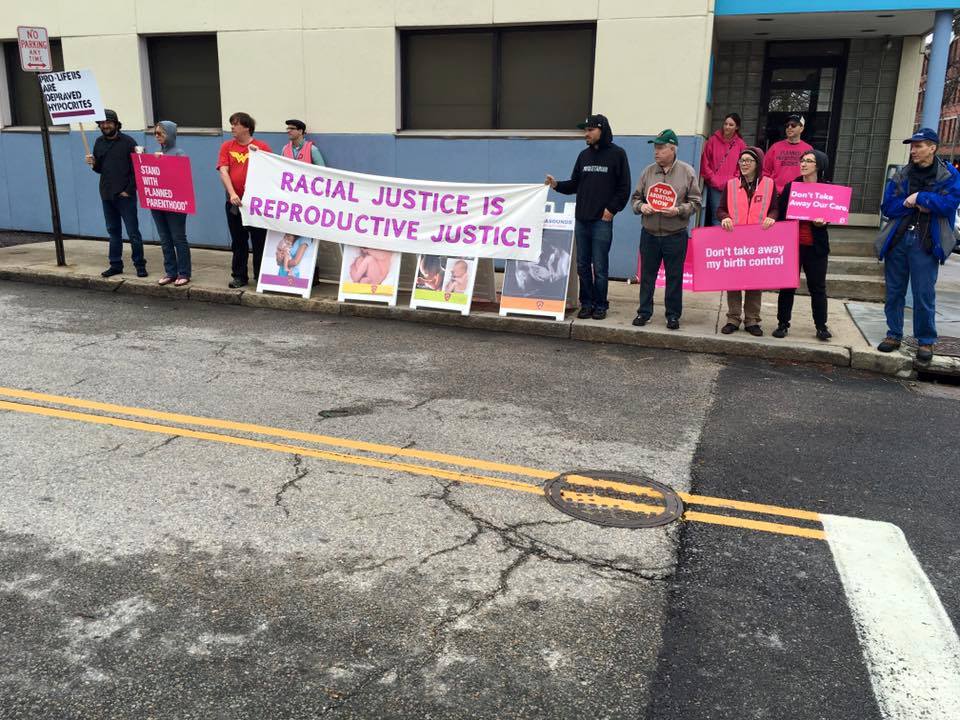
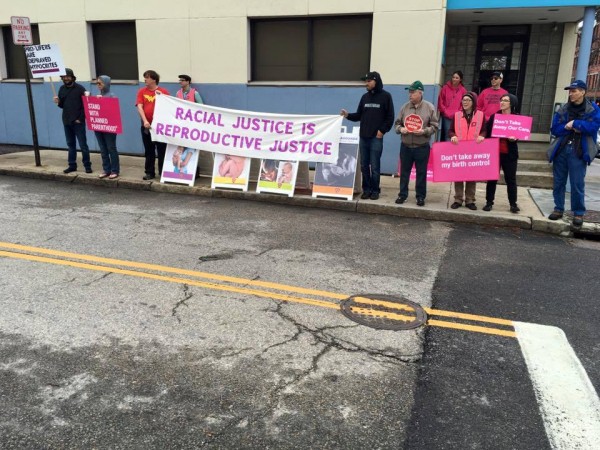



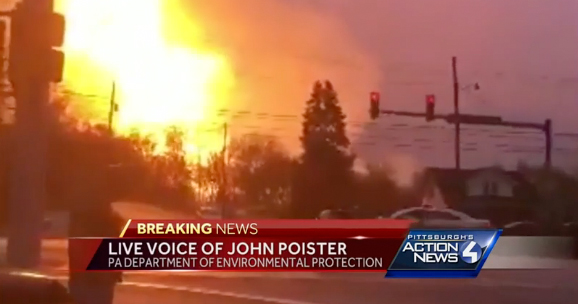 The victim “told us that he heard a loud noise and compared it to a tornado. All he saw was fire and started running up the roadway and a passerby picked him up,” [Forbes Road Fire Chief Bob] Rosatti said.
The victim “told us that he heard a loud noise and compared it to a tornado. All he saw was fire and started running up the roadway and a passerby picked him up,” [Forbes Road Fire Chief Bob] Rosatti said.


